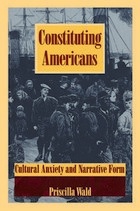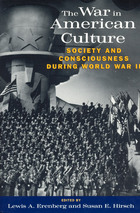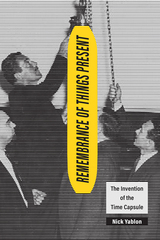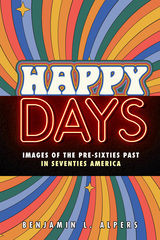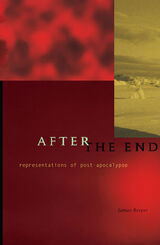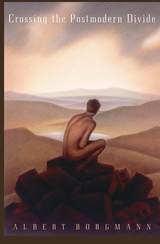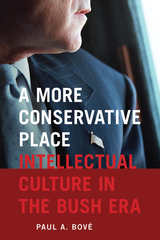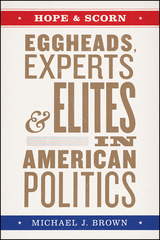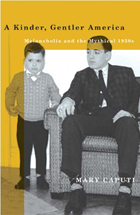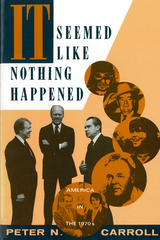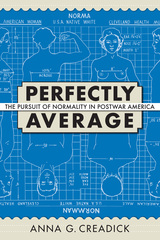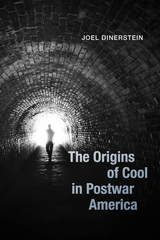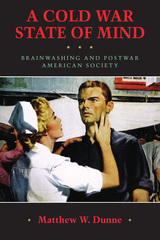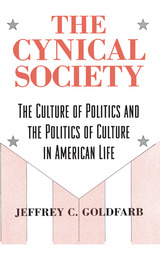A Kinder, Gentler America: Melancholia and the Mythical 1950s
University of Minnesota Press, 2005
Paper: 978-0-8166-4408-7 | Cloth: 978-0-8166-4407-0
Library of Congress Classification E169.12.C274 2005
Dewey Decimal Classification 973.921
Paper: 978-0-8166-4408-7 | Cloth: 978-0-8166-4407-0
Library of Congress Classification E169.12.C274 2005
Dewey Decimal Classification 973.921
ABOUT THIS BOOK | TOC
ABOUT THIS BOOK
“In the Norman Rockwell paintings of the 1940s and 1950s,” wrote Newt Gingrich, “there was a clear sense of what it meant to be an American.” Gingrich’s words underline what Mary Caputi sees as a desire of the neoconservative movement to set a foundation for modern America that ennobles the past.
Analyzing these competing uses of the past, A Kinder, Gentler America reveals how longing for the era of “the greatest generation” actually exposes a disillusionment with the present. Caputi draws on the theoretical frameworks of Julia Kristeva and Walter Benjamin to look at how the decade has been portrayed in movies such as Pleasantville and Far from Heaven and delves further to investigate our disenchantment’s lost origins in early modernity through a reading of the poetry of Baudelaire. What emerges is a stark contrast between the depictions of a melancholic present and a cheerful, shiny past. In the right’s invocation of the mythical 1950s and the left’s criticism of the same, Caputi recognizes a common unfulfilled desire, and proposes that by understanding this loss both sides can begin to accept that American identity, despite chaos and confusion, lies in the here and now.
Mary Caputi is professor of political science at California State University, Long Beach, and is author of Voluptuous Yearnings: A Feminist Theory of the Obscene.
Analyzing these competing uses of the past, A Kinder, Gentler America reveals how longing for the era of “the greatest generation” actually exposes a disillusionment with the present. Caputi draws on the theoretical frameworks of Julia Kristeva and Walter Benjamin to look at how the decade has been portrayed in movies such as Pleasantville and Far from Heaven and delves further to investigate our disenchantment’s lost origins in early modernity through a reading of the poetry of Baudelaire. What emerges is a stark contrast between the depictions of a melancholic present and a cheerful, shiny past. In the right’s invocation of the mythical 1950s and the left’s criticism of the same, Caputi recognizes a common unfulfilled desire, and proposes that by understanding this loss both sides can begin to accept that American identity, despite chaos and confusion, lies in the here and now.
Mary Caputi is professor of political science at California State University, Long Beach, and is author of Voluptuous Yearnings: A Feminist Theory of the Obscene.
See other books on: 1945-1989 | 1989- | Conservatism | National characteristics, American | Nostalgia
See other titles from University of Minnesota Press

